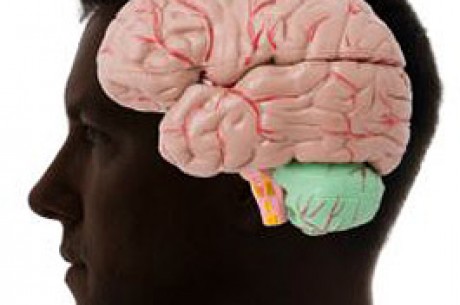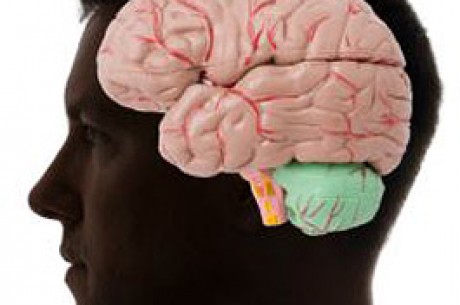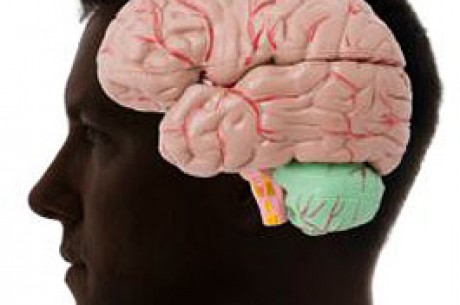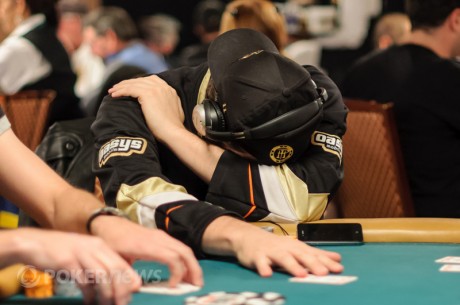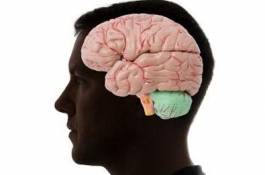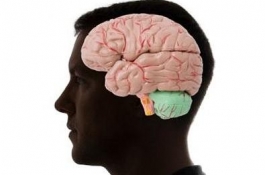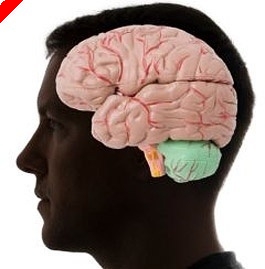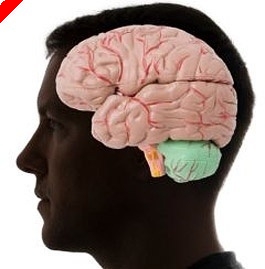The Poker Shrink, Vol 26 - Problem Poker: Part VI: The Professionals
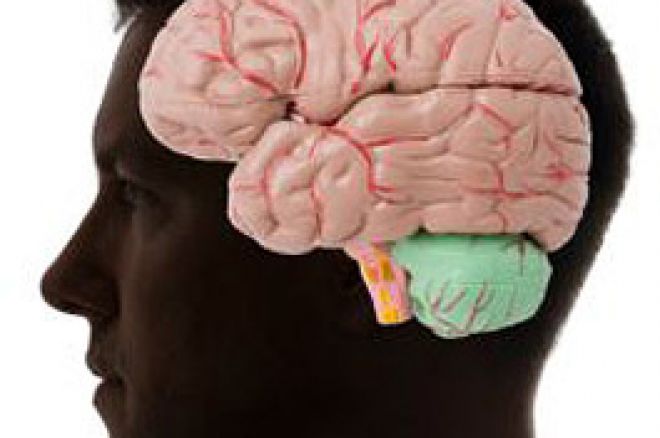
In the last five weeks I have talked about the various aspects of Problem Poker and from response I have received it seems many of you want to know just how big a problem this is among the poker professionals. The answer is quite simple and obvious to anyone who is around the professional poker tours.
Not only do professional poker players experience Problem Poker in their lives; the prevalence of Problem Poker is substantially higher among professionals than it is among the recreational and semi-pro poker population. Now anyone who follows poker closely, particularly here on PokerNews.com and through various poker oriented blogs has some idea of the "gamble it up" attitude of many professional players but the reasons for these behaviors is both illuminating and helpful to the casual player who is also experiencing some negative aspect of Problem Poker in their life.
No matter what you call it, it is the "action" that feeds the gambling demons. Professional players invariably have side action and proposition bets on everything from "last longer" bets to sports wagering. Proposition bets are made at the mere mention of any odds on absolutely anything, no matter how outrageous. Someday someone needs to write (or rewrite) the definitive book on the most outlandish bets made in and around the poker rooms of the professional circuit and there will need to be an "X" as well as an "R" rated version.
After the "action" there is the money. Let no one tell you that the players would rather have "the bracelet" and the money doesn't matter. Want proof? Take away the money and see who shows up for the tournament. It may not primarily be about the money but you wouldn't have any professional players to ask this question to without the millions of dollars piled on the final table.
In recent years you can add "fame" to the "action" and the "money" to form a potent trifecta of addiction. The Poker Rock Star phenomenon has exploded with the resulting ever more widespread appearance of Problem Poker among the biggest names in the game. How big is the effect of fame on poker, just look at any casino attempting to run a big buy-in event these days without television coverage. No television coverage, no enduring publicity, no players.
So how do action, money and fame combine as the root of the Professional Poker Problem? Take a look at the major professional sports around the world. Football, baseball, basketball, soccer and hockey leagues; they all have programs to introduce young players to the inherent problems of sudden fame and wealth. One major component of this educational warning system is the dangers of new found wealth and gambling. But with poker the game itself is gambling, how do you warn someone about an essential element of their livelihood? And how do you deal with players who are by the nature of the game not team members; who are by necessity going to be loners and out only for themselves? How do you avoid the pitfalls of Problem Gambling when you walk through a casino every day to go to work? Casino employees are often banned from gaming at work. Professional Poker Players go to work to gamble.
Could you concoct a more perfect set of symptoms for psychological issues than money, fame, the huge psychological rush of the action? Put all of these together in an environment that is based on playing poker to win other people's money. Certainly no one should be surprised that Problem Poker exists at the professional level. It is my hope that the rise of the Poker Player's Alliance and other professional organizations, there will soon be movement to address physical and mental health issues that are epidemic in the ranks of professional players.
Next week, some final thoughts on Problem Poker.

